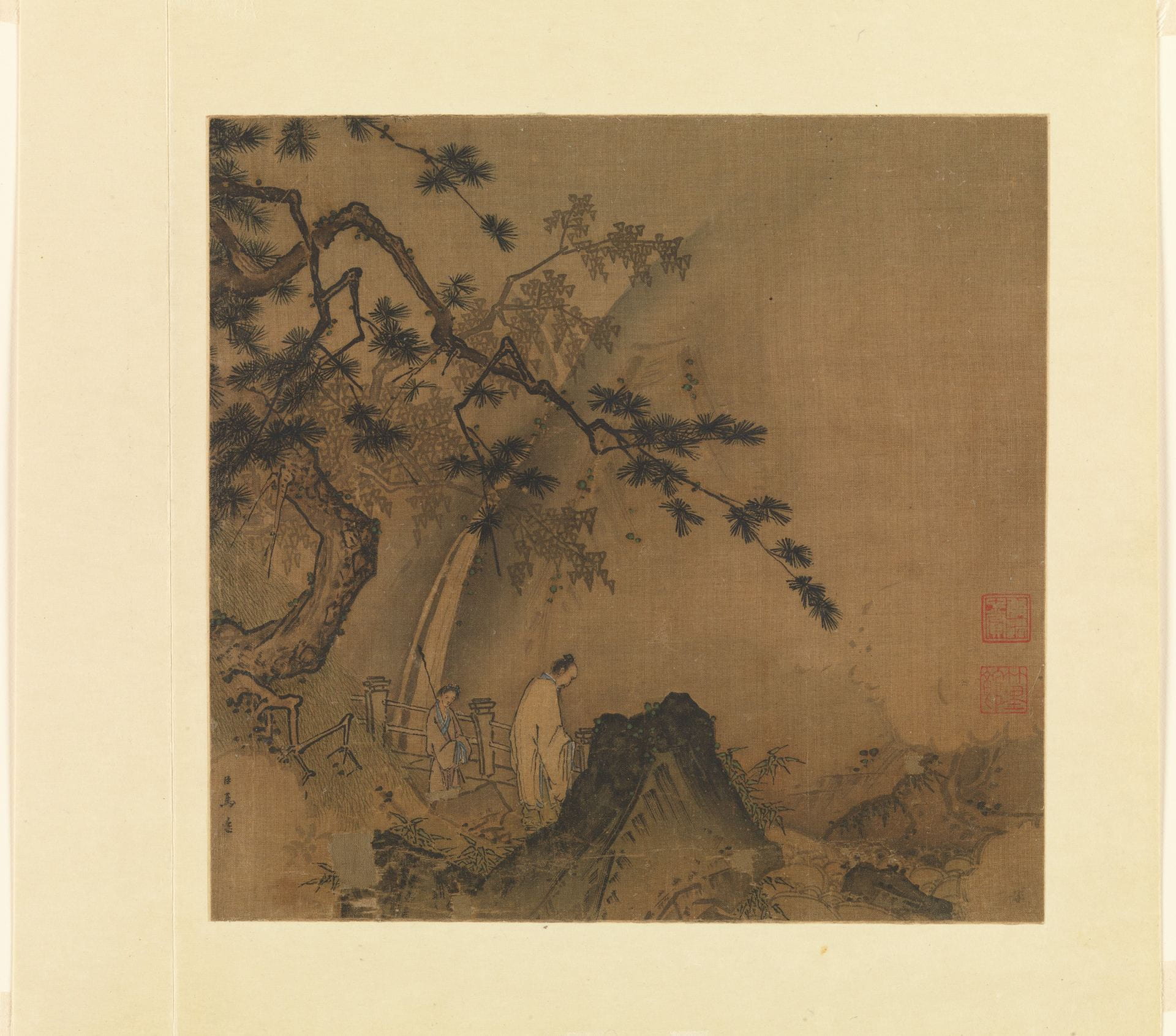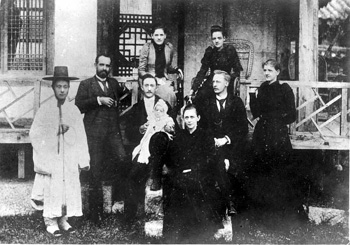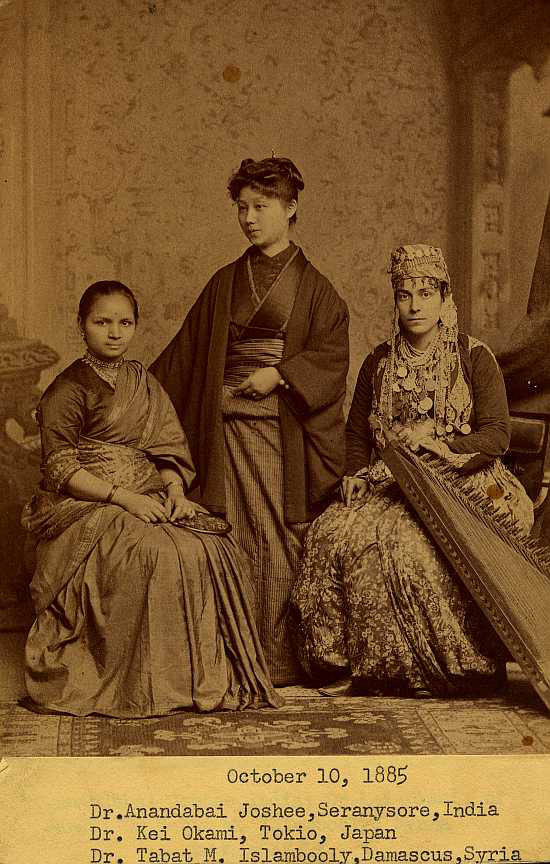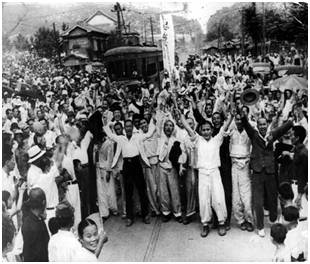Deokhyo Choi
(PhD Candidate, History, Cornell University)
“Racializing the Postwar Crisis: Democratization and the Making of “the Korean Problem” in U.S./Allied-occupied Japan, 1946-1947”
May 17 (Thursday), 4-6 pm.
JHF Room (SS224)
Abstract
Historical accounts on “postwar Japan” have often hailed the U.S./Allied occupation and democratization of Japan as a critical historical “break” from its ancien regime. Such conventional accounts operate upon a common temporal framework and relational binary in narrating the formation of a new democratic, “peace-loving” nation. Recently, both English and Japanese language studies have problematized the temporal binary framework centered on the issue of continuity and discontinuity and instead have started to illuminate a long historical trajectory that straddles the wartime and postwar periods. However, the relational binary of U.S.-Japan, another axis of the narrative framework of “postwar” history, still remains unquestioned in the scholarship. In other words, the formation of postwar Japan is primarily understood only from the viewpoint of U.S.-Japan relations. It is still essentially a story about U.S.-Japan(ese) direct encounters, collaborations, or “embracing.”
This paper challenges both the temporal and relational binaries underlying the history of postwar Japan. Diverging from conventional historical accounts on the democratization of Japan under U.S./Allied occupation, it begins with the question of how Japan’s “postwar democracy” was forged vis-à-vis the postcolonial Korean population in former metropolitan Japan. Through an examination of post-empire “race-making” that emerged in the form of the ideological reformulation of “the Korean problem,” this paper discusses how the new Japanese nation-state was framed through the reimagining of now-liberated Korean colonial subjects in Japan as well as through the embracing of U.S./Allied occupation.




